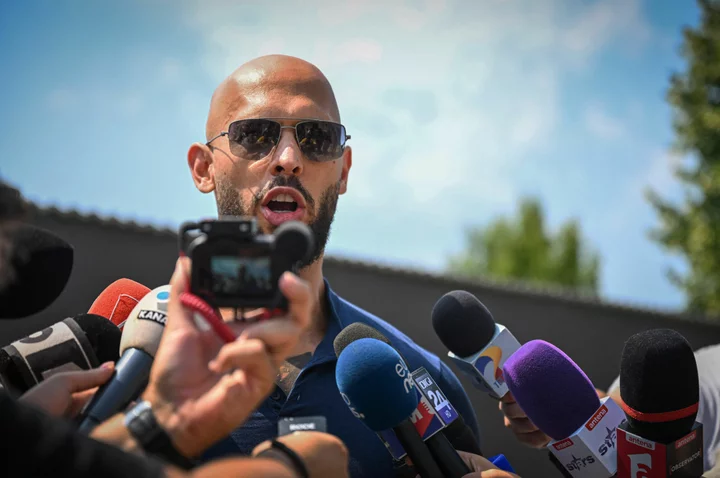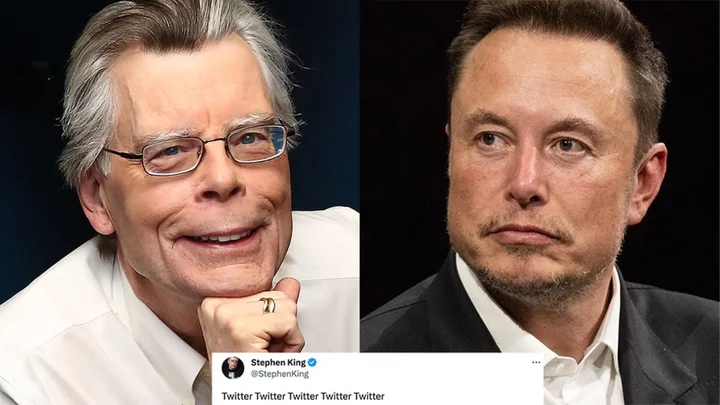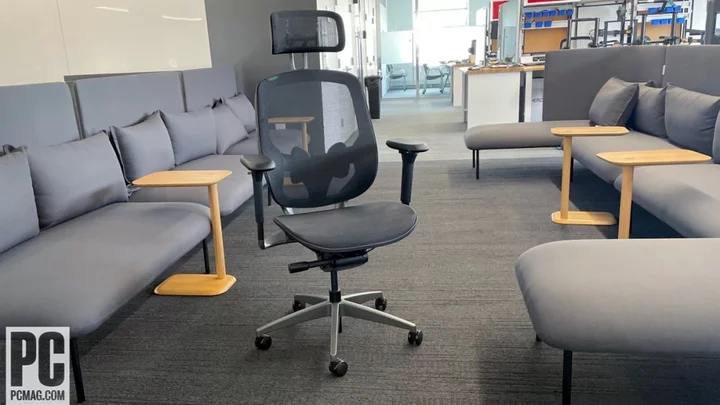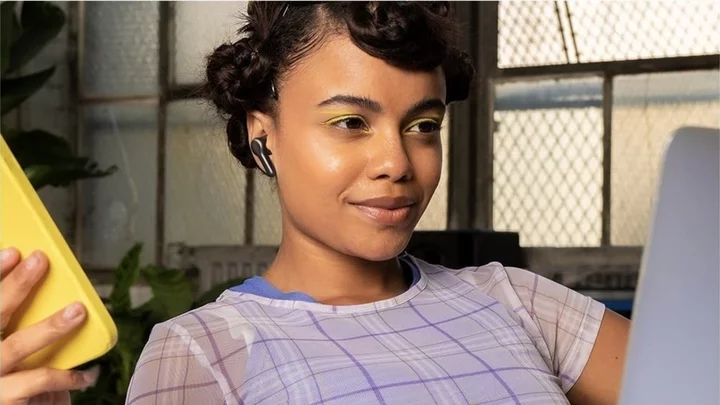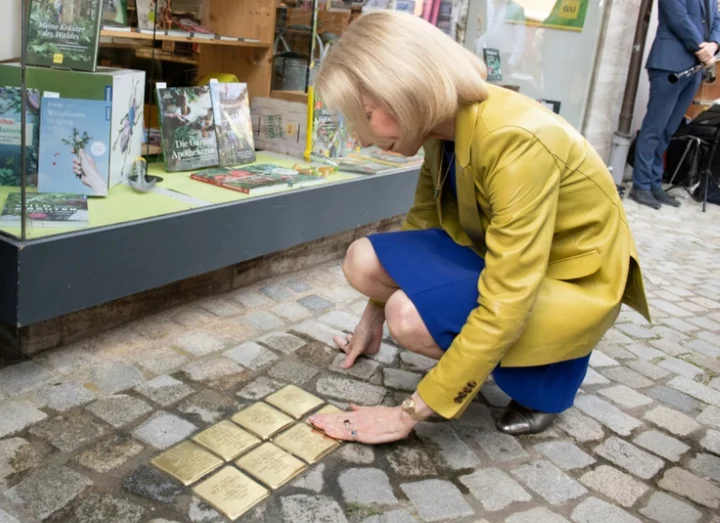If you aren't familiar with "manosphere" influencer Andrew Tate — congrats, I'm jealous of you. Tate is a self-proclaimed misogynist who's been charged with rape and human trafficking; he also has millions of followers online and is popular among young boys.
Tate, unfortunately, isn't alone. Sexist "alpha male" content has increased in popularity over the last few years — and it's had a chilling effect on children and young people's beliefs towards gender and relationships, according to Influencers and Attitudes, a new report by UK domestic abuse charity Women's Aid.
SEE ALSO: I'm a straight guy who never dated. Here's what I've learned."The popularity of Tate is not a phenomenon in and of itself and, instead, is a current representation of existing misogyny," the report states. "The content also correlates with a wider increase in the prevalence of so-called 'incel' ideology, hatred against women and girls and backlash against the feminist movement, alongside other media influencers that assert these viewpoints."
Women's Aid, therefore, describes "Andrew Tate content" in its report as a proxy for his and similar content, and for the acceptance of misogyny and sexism more widely.
Forty percent of 1,000 7-18 year-olds surveyed by Women's Aid and polling agency ORB International have seen Tate's videos or posts; that breaks down to 21 percent of 7-11 year-olds; 43 percent of 11-14 year-olds, 44 percent of 14-16 year olds; and 53 percent of 16-18 year-olds.
Children and young people who've been exposed to misogynistic content were five times more likely to agree that "hurting someone physically is okay if you say sorry after hurting them" (19 percent) than those who hadn't (four percent).More 7-11-year-old boys (27 percent) have been exposed to Tate's content than girls of the same age (13 percent).
Correlation isn't causation, but Women's Aid found that being exposed to misogynistic content such as Tate's was clearly linked with children and young people having more harmful perceptions of relationships, and a greater tolerance of doing harm.
Nearly a third (31 percent) of children and young people exposed to Tate's content agreed that "there should always be one more dominant person in a relationship," for example, compared to 14 percent who hadn't seen such content.
Children and young people who've been exposed to misogynistic content were five times more likely to agree that "hurting someone physically is okay if you say sorry after hurting them" (19 percent) than those who hadn't (four percent).
Want more sex and dating stories in your inbox? Sign up for Mashable's new weekly After Dark newsletter.
Problematic and potentially abusive behavior like lovebombing was more acceptable to children and young people who have seen Tate-like content, as well. Thirty-five percent of that group believe that "it is romantic for the person you're going out with to constantly buy you loads of gifts and randomly turn up everywhere you go." Only 13 percent of non-exposed youth believe this.
Furthermore, young people who've seen Tate's or others' misogynistic content were more likely to believe gendered stereotypes. Sixty-one percent of this group agreed that "women are naturally more caring in a relationship," compared to 52 percent of young people who haven't seen it.
Women's Aid recommends the UK's Relationships, Sex and Health Education programs begin early in a child's education and designed based on an understanding of gender inequality, with sensitivity to pre-existing beliefs. Counter-messaging, it said, should be positive and centered on empowerment.
Read the Women's Aid Influencers and Attitudes report in full.

